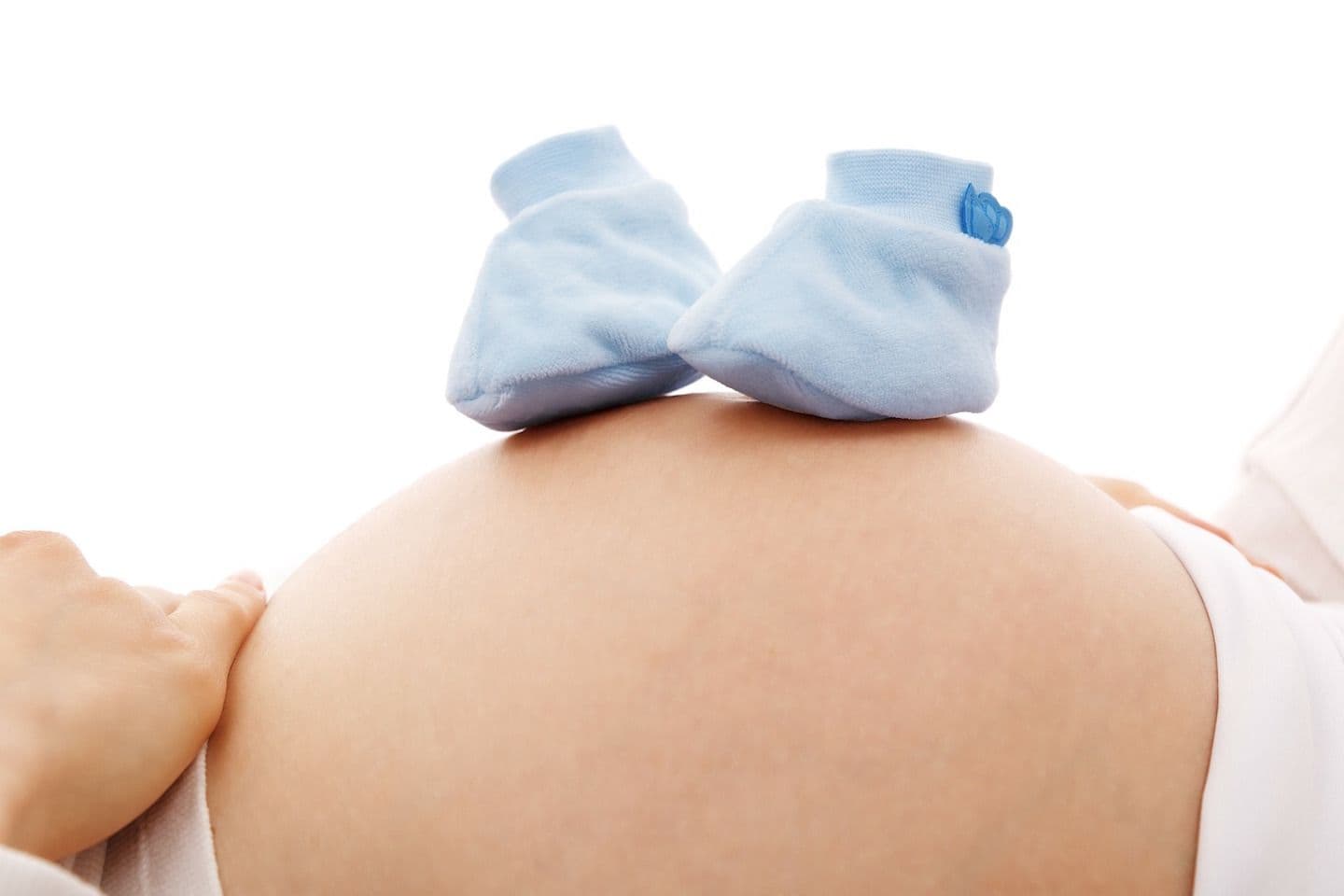Vaginal Bleeding and Spotting in Pregnancy Guide
Medical Problems
Obie Editorial Team

Vaginal bleeding in pregnancy is far more common during the first trimester of pregnancy than many women believe. It's probably among the first concerns that women have in the first trimester up to 12-14 weeks of the pregnancy. Bleeding in the second and third trimesters of pregnancy, however, is of far greater concern. Some bleeding issues may be normal, but others, especially in the late second and third trimester could be a problem.
Implantation bleeding
Implantation bleeding happens about 6-12 days after ovulation/fertilization, shortly before you expect the next period. In fact, implantation bleeding could mimic a menstrual period because it happens around the same time but it's much less heavy and shorter than a normal period.
Implantation bleeding normally occurs within the first 6-12 days after the fertilized egg has implanted onto the walls of the uterus. While some women may only bleed or spot for a few hours, others may bleed or spot for a few days.
Dealing with vaginal bleeding during pregnancy
No matter the trimester of the pregnancy, if bleeding occurs there are a few rules that should be followed immediately after recognizing the bleeding.
- Immediately begin using a pad or pantiliner in order to keep track of how much blood is being lost.
- Sexual intercourse should be avoided while bleeding is occurring.
- Never place a tampon in the vagina while pregnant or bleeding.
- Avoid douche usage while bleeding.
- Keep track of any other possible symptoms that may be associated with the vaginal bleeding.
First trimester bleeding in pregnancy
Bleeding during the first trimester, up to about 12-14 weeks of the pregnancy, when you already know that you are pregnant, is a fairly common occurrence hapening in up to 1 in 2 pregnant women. First trimester bleeding can be associated with sexual intercourse, infection of the urinary tract or pelvic cavity or implantation. It can also be the first sign of a miscarriage, pregnancy loss.
Bleeding after sexual intercourse during pregnancy is often associated with the tenderness of the cervix. After conception occurs, the cervix softens for the duration of the pregnancy. Sexual intercourse can cause mild damage to the cervix resulting in spotting or light bleeding.
Pregnant women most often notice bleeding when they are using the bathroom. It is hard to tell if the blood is coming from the vagina or the urinal tract. A urinary tract infection may be the cause of the bleeding and will need to be treated in order to prevent a worsening infection.
Possible first trimester complications associated with bleeding in pregnancy
Not all first trimester bleeding is associated with a normal condition, especially if it's heavy and/or associated with pain and cramps. First trimester bleeding can be associated with miscarriage, ectopic pregnancy, or molar pregnancy. You should let your doctor know about the bleeding and get a check-up to find out what it could be.
Work-up for first-trimester vaginal bleeding
1.History and Physical
2. Vaginal speculum examination
3.Sonogram
Second and third trimester bleeding
Bleeding in the second or third trimesters of the pregnancy is of more concern to the obstetrician and the mother-to-be. Second and third trimester bleeding can be associated with placental abruption, placenta previa, or preterm labor.
Placental abruption, placenta previa, and preterm labor all carry similar symptoms. These conditions are most often characterized by vaginal bleeding of varying amounts and abruption and labor also are associated with stomach pains. If bleeding occurs in any form after the first trimester, it is important to immediately contact the physician on call or your obstetrician for further instruction on how to deal with the bleeding.
Dealing with bleeding in pregnancy is certainly a concern of both the mother-to-be and the obstetrician. While some form of bleeding is expected during the first trimester of the pregnancy, once the initial 3 months of growth are over, bleeding occurring in the second and third trimesters may be a reason for further health care. At any time during the pregnancy, if bleeding occurs, the doctor caring for the mother and baby should be contacted immediately.







